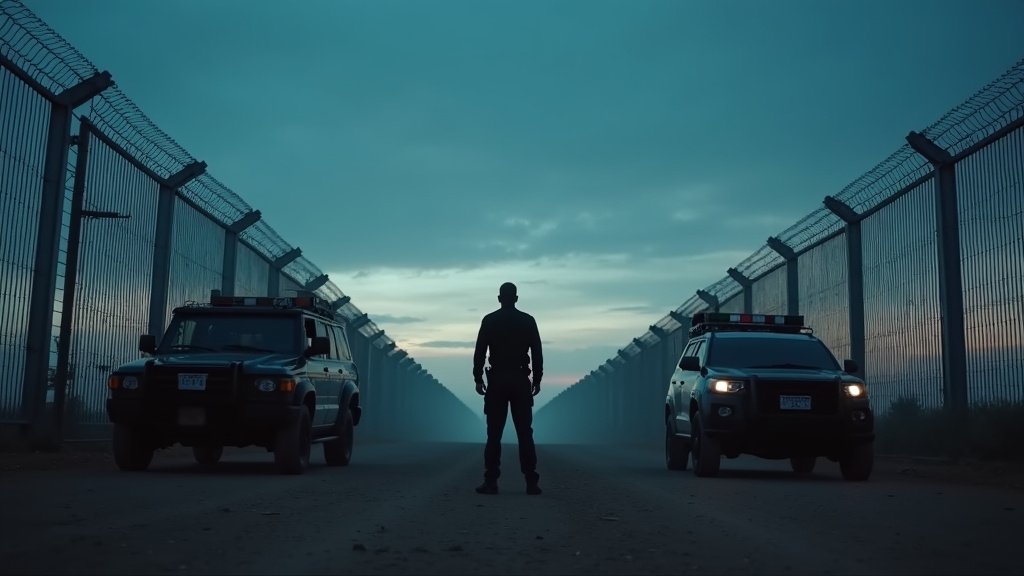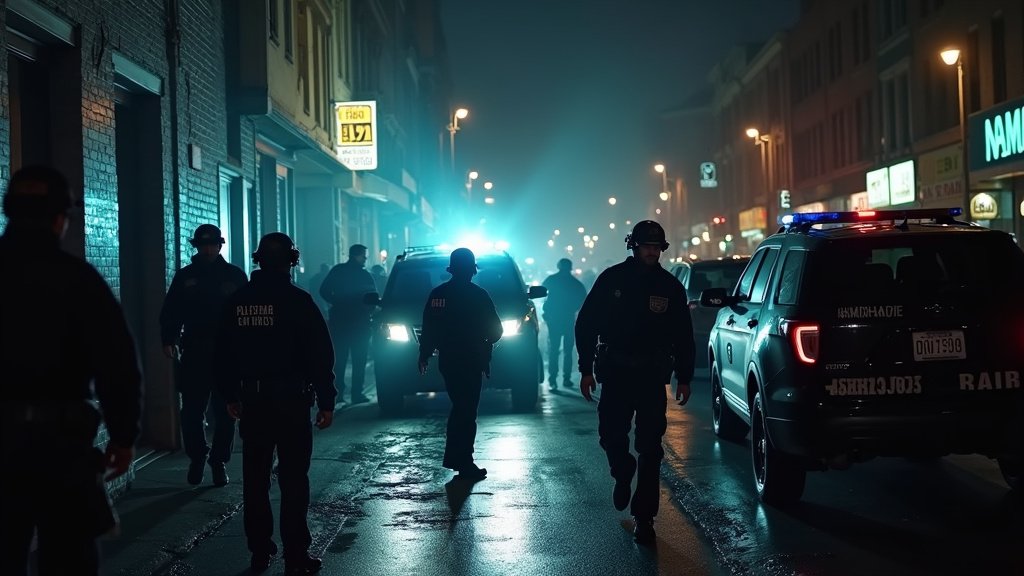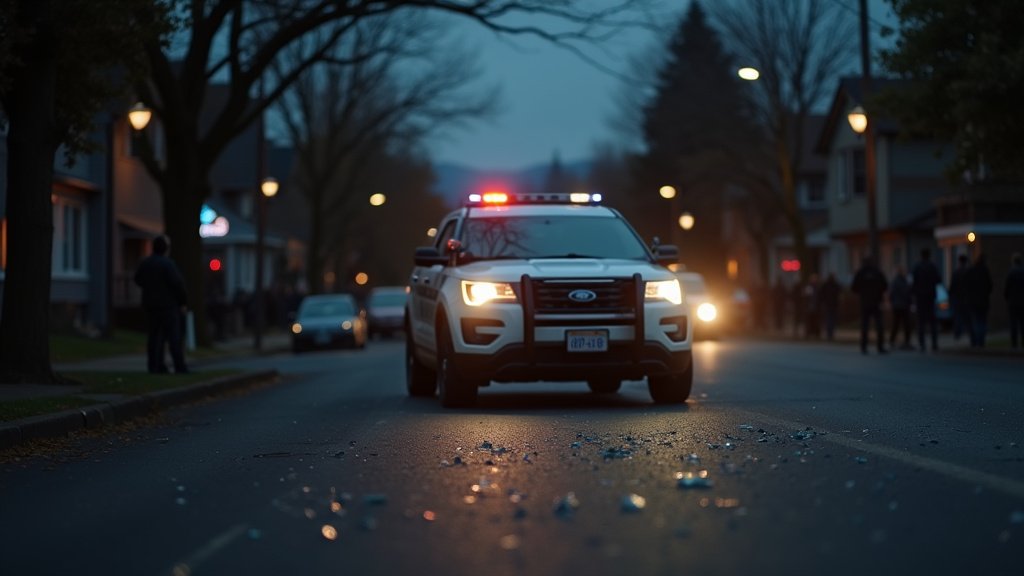The recent Chicago Immigration Crackdown, a significant and aggressive operation orchestrated by the Trump administration and dubbed “Operation Midway Blitz,” has left immigrant communities in Chicago and its suburbs in a state of heightened anxiety, sparking numerous lawsuits and intense scrutiny of federal law enforcement tactics. While the intensity of these operations has reportedly subsided, the repercussions continue to unfold, revealing a complex landscape of legal battles, community resistance, and data that challenges official narratives regarding the Chicago Immigration Crackdown.
The Genesis of the Chicago Immigration Crackdown
Launched in September 2025, “Operation Midway Blitz” marked an escalation of the administration’s efforts to increase immigration enforcement across the US. Federal agents from Immigration and Customs Enforcement (ICE), U.S. Border Patrol, and other agencies, including the FBI and DEA, conducted widespread raids targeting individuals deemed “criminal illegal aliens.” The operation was framed by the White House as a necessary measure against rising crime in Democratic-led cities, a claim contested by local officials. This initiative was part of a broader national strategy aimed at mass deportations, reflecting a significant shift in federal immigration policy. The aggressive nature of this Chicago Immigration Crackdown sent ripples of fear throughout the region.
Tactics and Community Impact of the Chicago Immigration Crackdown
Reports from the ground described aggressive ICE enforcement tactics, including the use of unmarked vehicles, helicopters, and forceful methods during arrests. These actions often resulted in confrontational standoffs with bystanders and community members, many of whom documented the events. A pervasive atmosphere of fear took hold in predominantly Latino neighborhoods, with some residents afraid to leave their homes. Activists and community leaders responded by organizing rapid-response networks, providing “know your rights” information, and documenting alleged abuses. In some instances, community leaders felt compelled to declare a “civil emergency” due to the palpable fear and threats generated by the Chicago Immigration Crackdown.
Legal Challenges and Investigations Mount Following the Chicago Immigration Crackdown
The crackdown quickly led to a surge of legal challenges. Numerous civil rights lawsuits have been filed against federal agencies, alleging violations of civil rights and due process. A central point of contention involves the alleged violation of a 2022 federal consent decree that restricts warrantless arrests, a key concern during the Chicago Immigration Crackdown.
Investigations have also been initiated into specific incidents. Among the most prominent is a fatal shooting in Franklin Park, a Chicago suburb, where an ICE agent shot and killed Silverio Villegas-Gonzalez during a traffic stop. ICE stated the suspect resisted arrest and attempted to drive into agents, dragging one officer before the agent discharged his firearm. This incident underscored the dangerous nature of the federal immigration policy during the Chicago Immigration Crackdown.
Questionable Arrest Data Fuels Scrutiny of the Chicago Immigration Crackdown
Crucial to the ongoing legal battles and public debate are statistics revealing the criminal history of those arrested during the Chicago Immigration Crackdown. Data submitted to federal court shows that out of 614 detained immigrants in the Chicago area during “Operation Midway Blitz,” only 16 individuals (less than 3%) had criminal records that presented a “high public safety risk.” The vast majority, approximately 97%, had no criminal convictions at all. This data sharply contradicts the administration’s narrative of targeting “the worst of the worst” criminals, leading many to question the scope and justification of the enforcement actions associated with the Chicago Immigration Crackdown and its reliance on criminal history data.
Shifting Landscape and Lingering Anxiety After the Chicago Immigration Crackdown
While the highly visible, aggressive operations led by Border Patrol Commander Gregory Bovino have reportedly decreased since his departure from Chicago, reports of arrests persist. The Illinois Governor JB Pritzker established an Accountability Commission to investigate alleged abuses by federal agents during “Operation Midway Blitz.” Despite the decrease in operational intensity, community organizers warn that the threat is not over, with some federal agents remaining in the area. The anxiety within the immigrant community remains palpable, a direct consequence of the Chicago Immigration Crackdown.
The events in Chicago underscore a trending concern across the US regarding immigration enforcement, border security, and the impact of federal policies on local communities. The lawsuits, ongoing investigations, and continued community vigilance highlight the lasting immigrant community anxiety and the demand for accountability in the wake of this intensive immigration crackdown. This ongoing news cycle reflects deep divisions and persistent challenges in US immigration policy, amplified by the recent Chicago Immigration Crackdown.






